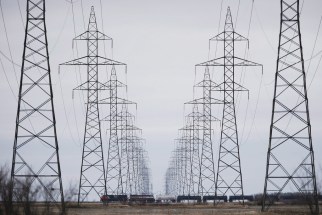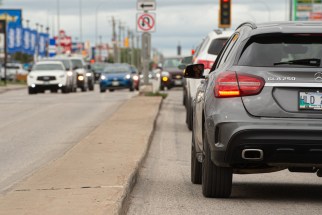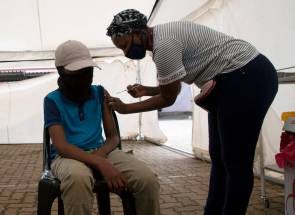Jets’ prices too high for many fans Attendance falling across NHL as admission costs climb
Read this article for free:
or
Already have an account? Log in here »
To continue reading, please subscribe:
Monthly Digital Subscription
$0 for the first 4 weeks*
- Enjoy unlimited reading on winnipegfreepress.com
- Read the E-Edition, our digital replica newspaper
- Access News Break, our award-winning app
- Play interactive puzzles
*No charge for 4 weeks then price increases to the regular rate of $19.00 plus GST every four weeks. Offer available to new and qualified returning subscribers only. Cancel any time.
Monthly Digital Subscription
$4.75/week*
- Enjoy unlimited reading on winnipegfreepress.com
- Read the E-Edition, our digital replica newspaper
- Access News Break, our award-winning app
- Play interactive puzzles
*Billed as $19 plus GST every four weeks. Cancel any time.
To continue reading, please subscribe:
Add Free Press access to your Brandon Sun subscription for only an additional
$1 for the first 4 weeks*
*Your next subscription payment will increase by $1.00 and you will be charged $16.99 plus GST for four weeks. After four weeks, your payment will increase to $23.99 plus GST every four weeks.
Read unlimited articles for free today:
or
Already have an account? Log in here »
Hey there, time traveller!
This article was published 29/11/2021 (1471 days ago), so information in it may no longer be current.
There’s one thing a typical National Hockey League owner loves more than winning: Making money.
And the cold, hard reality is the cash isn’t flowing like it used to this season, with attendance in nearly every market below pre-pandemic levels. That’s certainly the case here in Winnipeg, where the Jets hit the ice tonight at Canada Life Centre in front of an 11th straight non-sellout to start the 2021-22 season.
An average of 13,731 took in the first 10 games, which equates to 91.5 per cent capacity. That means there have been a total of 15,898 empty seats and counting, a development that was unfathomable during the first decade of the NHL’s return to River City where the Jets were the hottest ticket in town, the product sold itself and the waiting list was in the thousands.
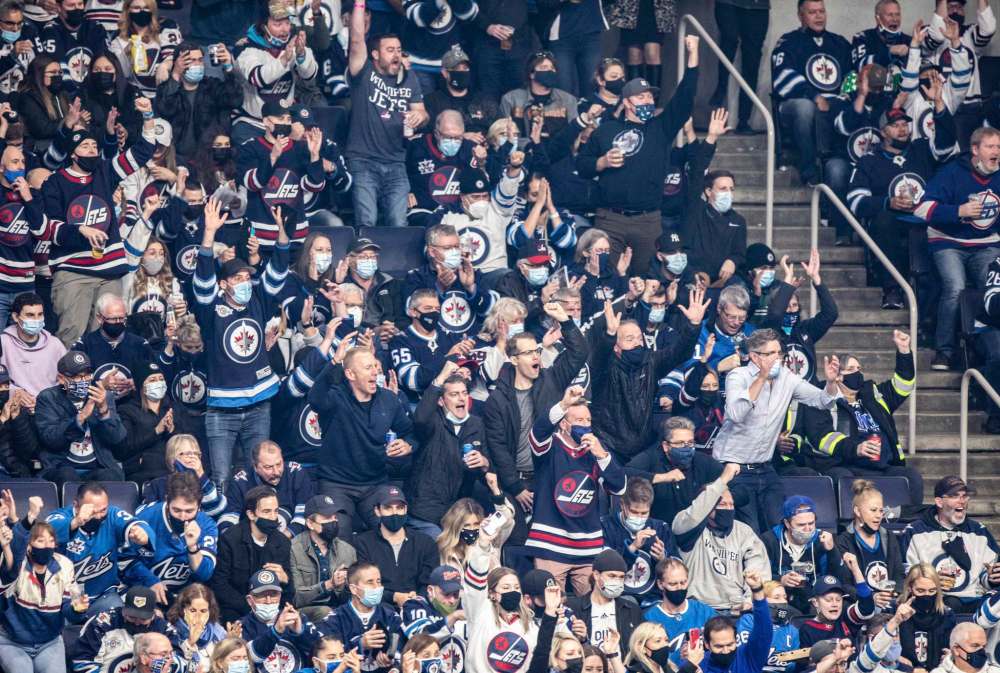
Due primarily to having the smallest building in the league (15,321), Winnipeg’s attendance drop in terms of percentage has been the sharpest in Canada, and the fourth-biggest in the NHL. You can hear the alarms going off and sense the brains churning inside True North, which has launched a province-wide advertising blitz for game-day tickets and mini-packs the likes of which we’d never seen during the 2.0 era.
There are many reasons for this, including the requirement to be fully vaccinated, the mask mandate, the fact children under 12 have only now become eligible to get immunized against COVID-19, which has kept some families away, a 2021 season played exclusively in empty rinks which may have changed priorities for some fans, financial hardship and the fact we’re not out of the woods yet and large crowds are still a no-go for many.
Toss in the erratic play of the team and anger over general manager Kevin Cheveldayoff’s connection to the Chicago Blackhawks sexual abuse scandal as potential factors as well, at least for some.
To be clear, this is far from just a local problem. The Jets are actually middle-of-the-pack (17th out of 32 teams) when it comes to capacity, including among northern clubs. Edmonton (85.5 per cent), Calgary (79.6 per cent) and lowly, rebuilding Ottawa (59.3 per cent, which trails only 43 per cent Buffalo for worst in the league) rank below them. Toronto (99.9 per cent), Vancouver (98.1 per cent) and Montreal (92.9 per cent) are above.
Overall, average NHL attendance is down an average of about 1,500 spectators per game this season compared to 2019-20. Similar dips are being felt in other pro leagues, including the NFL and NBA.
I was at Scotiabank Saddledome on Saturday as the scorching-hot Flames hosted the Jets. I was surprised how many empty seats there were for this tantalizing Hockey Night in Canada tilt. I was even more surprised the official attendance of 17,036 was one of Calgary’s biggest crowds of the year, upping the average to 15,358 in a building that seats 19,289.
That’s a bit of a canary in the coal mine.
The question, now, is what are owners going to do about this? It’s been widely reported they took a financial bath to the tune of US$3.6 billion in lost ticket-related revenue during last year’s truncated 56-game season where attendance was either completely restricted (such as in all Canadian markets) or severely limited. Now that the doors are once again fully open, the fans aren’t exactly flooding back. And that means a sweeping market adjustment is needed, one that is probably going to be tough for many decision-makers to swallow, but necessary for them to ultimately stay in the game.

I’m talking drastically reduced ticket and concession prices that gets some of these missing butts back in the otherwise empty seats. Fact is, it’s become impossible for some to even consider going to a game these days, especially in light of the economic realities many are facing due to COVID-19.
People are hurting. People are struggling. And the prospect of breaking the bank for a few hours of entertainment — which you can catch in glorious HD on TV or even streaming on your phone — is not in the cards. Nor should it be.
Since landing from Atlanta in 2011, prices have shot up every year here to the tune of about two to three per cent per season. A family of four can now expect to pay at least $250 just to get into the upper deck, and that doesn’t include pricey parking and concessions. If you want to sit close to the action in the lower bowl near centre ice, expect to fork over about $250 for one solitary seat. Five-game packages will run you a minimum of $85 per ticket.
The exception has been the resale market, where plenty of below face-value bargains can now be found right up until puck drop. Many of those are clearly going unsold.
Organizations also need to do a much better job of connecting with the community, which has been a problem in Winnipeg over the last 20 months and counting. Despite being one of the most prominent and influential citizens, chairman and co-owner Mark Chipman has been mostly invisible during the pandemic. He’s said very little, save for a handful of public appearances such as the Cheveldayoff news conference on Nov. 2 in which he defended his general manager, and the organization.
“I’m mindful of how important reputation is and how important brand strength is. It’s been my life’s work building this organization,” said Chipman.
We haven’t seen or heard from him publicly since. I’d suggest for the first time since he brought the NHL back in 2011, Chipman truly has his work cut out for him given the current state of affairs in this market, and around the entire league.
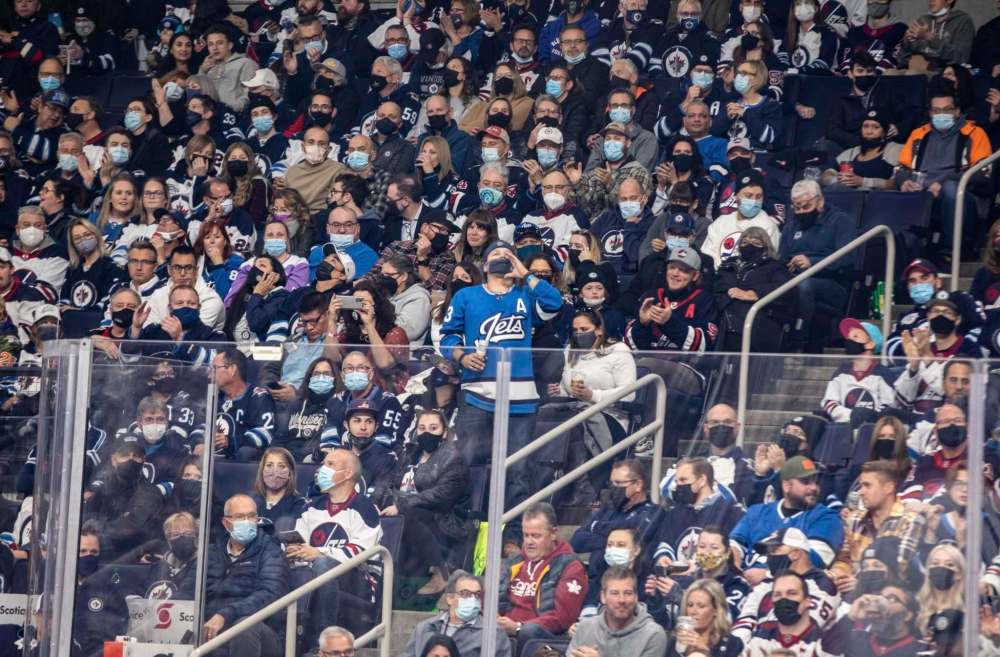
As we all experienced first-hand last season, this great game simply isn’t the same without fans. And owners such as Chipman need to be bending over backwards to ensure as many of them as possible truly feel comfortable coming back, in every conceivable way.
There are some factors clearly beyond their control, such as provincial and state public health guidelines and restrictions, but cost is not one. And if it means some further short-term financial pain, so be it. Long-term sustainability should be the real goal right now.
mike.mcintyre@freepress.mb.ca
Twitter: @mikemcintyrewpg

Mike McIntyre grew up wanting to be a professional wrestler. But when that dream fizzled, he put all his brawn into becoming a professional writer.
Our newsroom depends on a growing audience of readers to power our journalism. If you are not a paid reader, please consider becoming a subscriber.
Our newsroom depends on its audience of readers to power our journalism. Thank you for your support.



